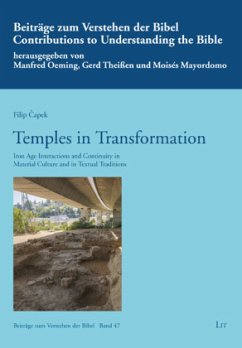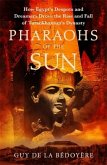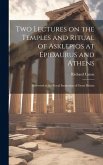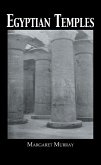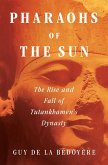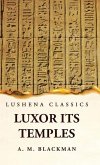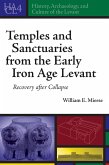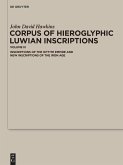The focus of this book is on temples in the Southern Levant during the Iron Age (ca. 1200-600 BC) and their transformations. In order to capture the long-term context, some significant sites with temples from the Late Bronze Age are also presented and discussed. The author traces both material culture related to the temples and the way in which the same themes are treated in Old Testament texts concentrated primarily on Israel and Judah. From the analysis of these texts, he deduces a threefold transformation of the form of memory in relation to the temples and the cult. The first concerns a contrastive reshaping (Philistia and other neighbouring political entities), the second an external (Israel) and the third an internal (Judah) silencing of the actual form of religious practice in the Iron Age.Filip Capek is Professor at the Department of Old Testament at the Protestant Theological Faculty of Charles University in Prague, Czech Republic and a member of the Centre for Biblical Studies of the Czech Academy of Sciences. He is the head of the Czech participation in the archaeological research in Tel Moza and Tel Azekah in Israel both conducted by Tel Aviv University.
Bitte wählen Sie Ihr Anliegen aus.
Rechnungen
Retourenschein anfordern
Bestellstatus
Storno

